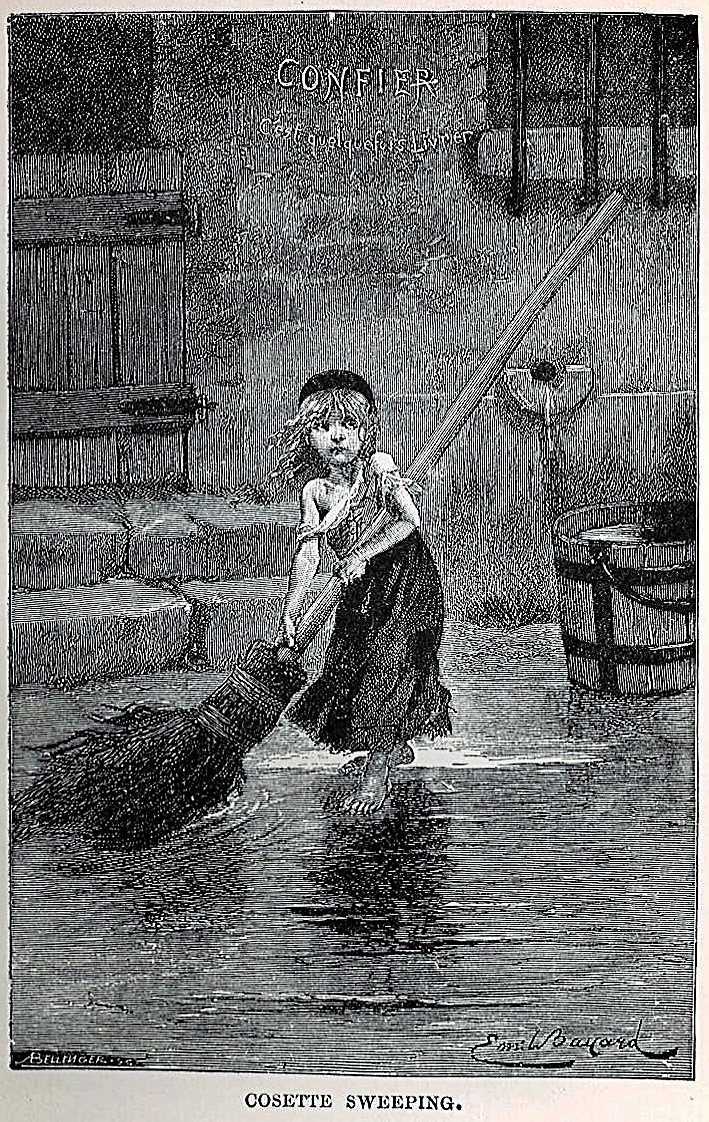
No one can dismiss the importance of Social Networks for the global culture. The simple saying goes: "Web connected documents — Facebook connected people". Although I'm not in favor of the role that FaceBook plays today, I cannot ignore its utmost importance for our civilisation. (For good discussion about it see
here) .
The book is not technical at all. The author does not even try to list the software packages that deliver ESSP functionalities for today's corporations. Instead it starts from the analysis of the opportunities, often missed opportunities of the group work, goes through the definitions of Enterprise 2.0 to the concrete recommendations for corporations which would consider implementing ESSP.
On the surface we feel what the ESSPs are. We could pronounce the names of most important Web 2.0 solutions, from Wikis (Wikipedia), through social tagging (Delicious) to Social Networks (Twitter, FaceBook). But we sometimes do not notice their "free form" features like being optional, free of imposed structures, egalitarian and data format neutral. They share the important features that are best described through the acronym of SLATES: Search, Links, Authoring, Tags, Extensions and Signals. It is easy to map specific solutions available today to any of these features.
One of the bast parts of the book has the title "New Approach to Old Problems" where he applies the concept of
SWT — The Strength of Weak Ties (1973 -
Mark Granovetter - American Journal of Sociology) to understand better why social networks inside corporation do matter.
The concept of SWT helps to formulate the Bull's Eye theory of the importance of Social Systems. In this theory we use SN systems to maintain Strong Ties, but we also maintain Weak and Potential Ties:
These interesting considerations form Part I of the Book. In Part II McAfee considers the difficulties related to implementation of ESSPs today.
The first paradox related to their introduction is a typical Red Herring case: "I've noticed that concerns around Enterprise 2.0 fall into two broad categories: fears that people won't use the newly available ESSPs, and fears that they will". This diverting, usually "committed" by management, masks the fears of the same management. Sometimes, the fears are justified. Corporations have their secrets, they protect their information from free leaking. However, as many bright examples show (European investment bank DrKW or US Directorate of National Intelligence) there are ways to protect what is to be protected while using all benefits of ESSPs !
The second problem is that everybody wants to implement ESSPs quick, but in fact it is a task for a long period of time — true Long Haul project! McAfee lists certain qualifications that can impact the adoption, like the ability to make quick relative evaluations, understanding of the status quo and deep understanding that people are loss-averse. He concludes with the words of Gourville: „ ... to be successful companies must anticipate a long, drawn-out adoption process and manage it accordingly”
The book concludes with two great chapters. „Going Mainstream" contains a true Road Map for implementation of ESSP in a corporation. It stresses the role of early adopters (believers), and the most important challenge for management: "Communicate, Educate & Evangelize”. It also puts stress on measuring real progress rather than on calculation of ROI...
„Looking Ahead” tries to predict a future of Enterprise 2.0. The most interesting forecast the author makes is the shift from „Model 1 behavior” to „Model 2 behavior”. The concepts come from Harvard professor Chris Argyris, who in 1996 book „Organizational Learning II: Theory, Method and Practice” (with Donald A. Schön) layed out a framework for successful strategies of large organisations. „Model 1” strategy relies on the unilateral design and management of the work environment, on protection of one's position and protection of others and on grasp and control of organizational tasks. In contrast, „Model 2” strategies assume high participation and joint task control, bilateral protection of others and orientation toward growth.
Using these concepts McAfee makes the conclusive remark, that is worth to quote:
„I am deeply interested in Enterprise 2.0 not because its component technologies are novel, innovative, and powerful (although they are) and not because I believe that ESSPs will fundamentally transform how enterprises are designed, rendering hierarchy obsolete (I do not believe this will be the case).
I'm most interested in the use of ESSPs because they can help organizations move from a Model 1 to Model 2 theory-in-use. These tools can change the nature of collaboration and discussion within an enterprise, giving people the ability both to contribute their perspective to a dialogue and to inform themselves by incorporating multiple perspectives. In short, they can help organizations move from defensive to productive reasoning.”
And this quote is the best climax of the book and of my review...





 Starting with depiction of the forefather of all criminals —Cain, we go through the history of art with the focus on the dark side of human race. We can witness how the reaction of artists varied in time of Enlightenment, Romanticism, Positivism and Surrealism.
Starting with depiction of the forefather of all criminals —Cain, we go through the history of art with the focus on the dark side of human race. We can witness how the reaction of artists varied in time of Enlightenment, Romanticism, Positivism and Surrealism.

